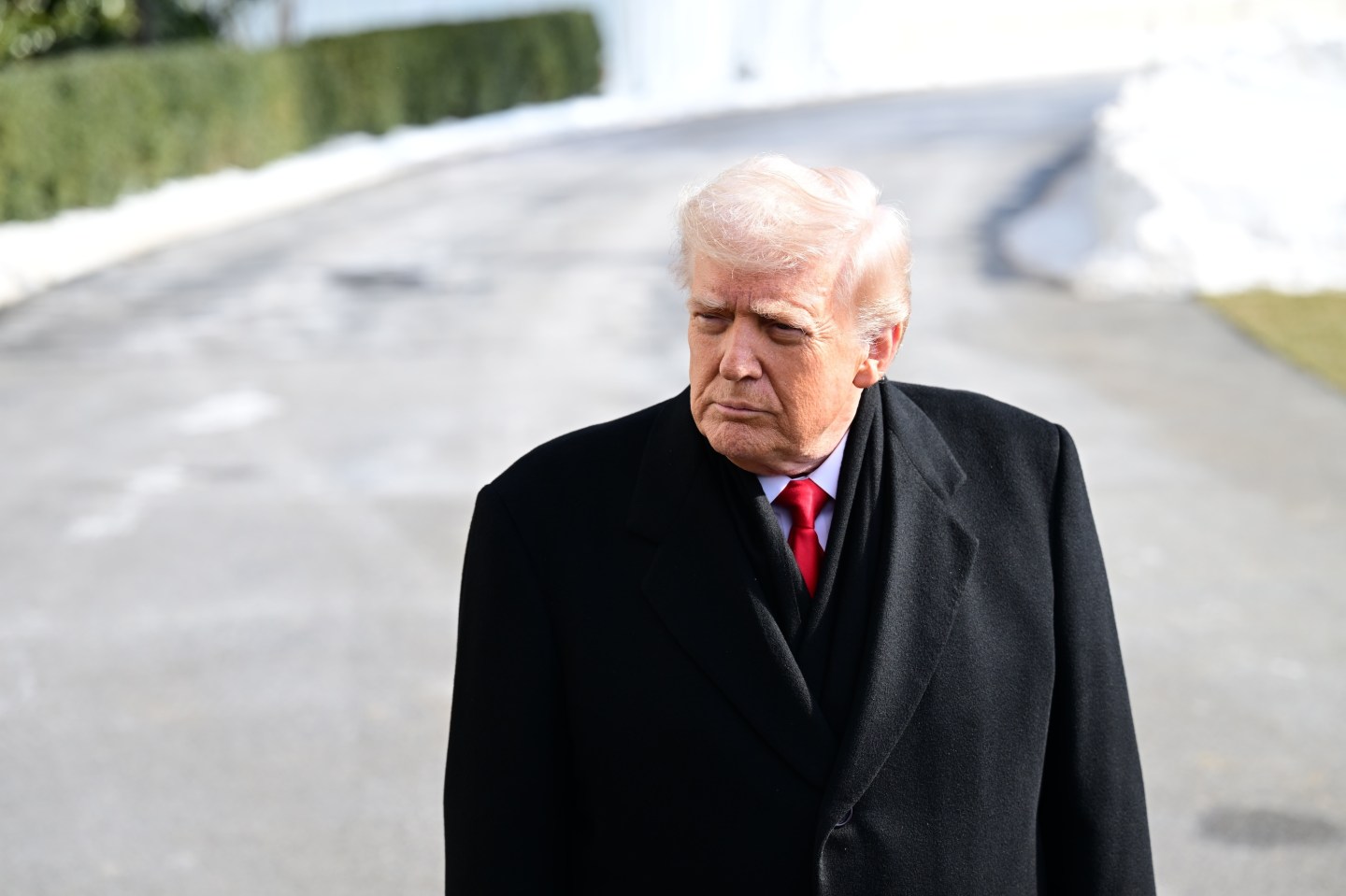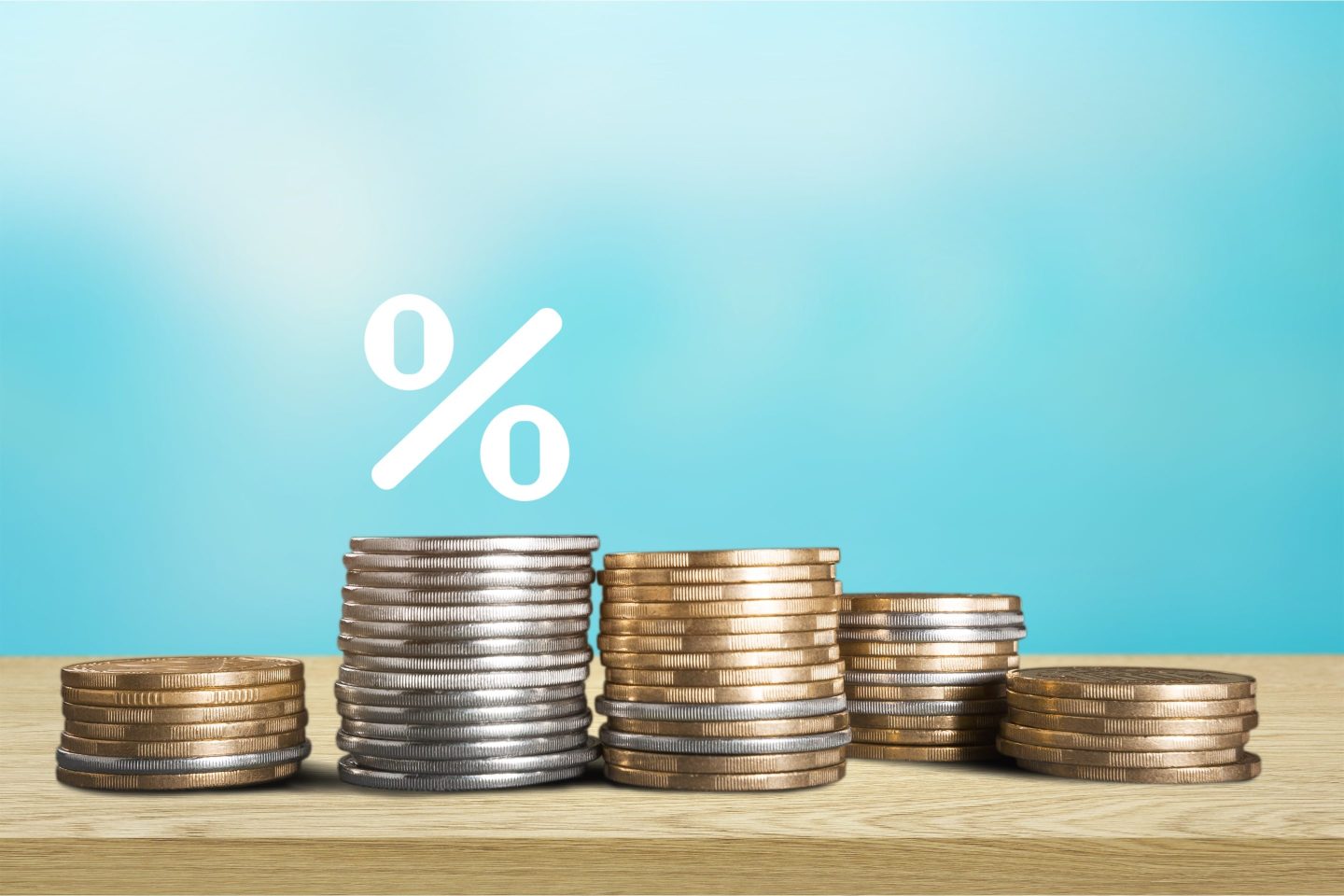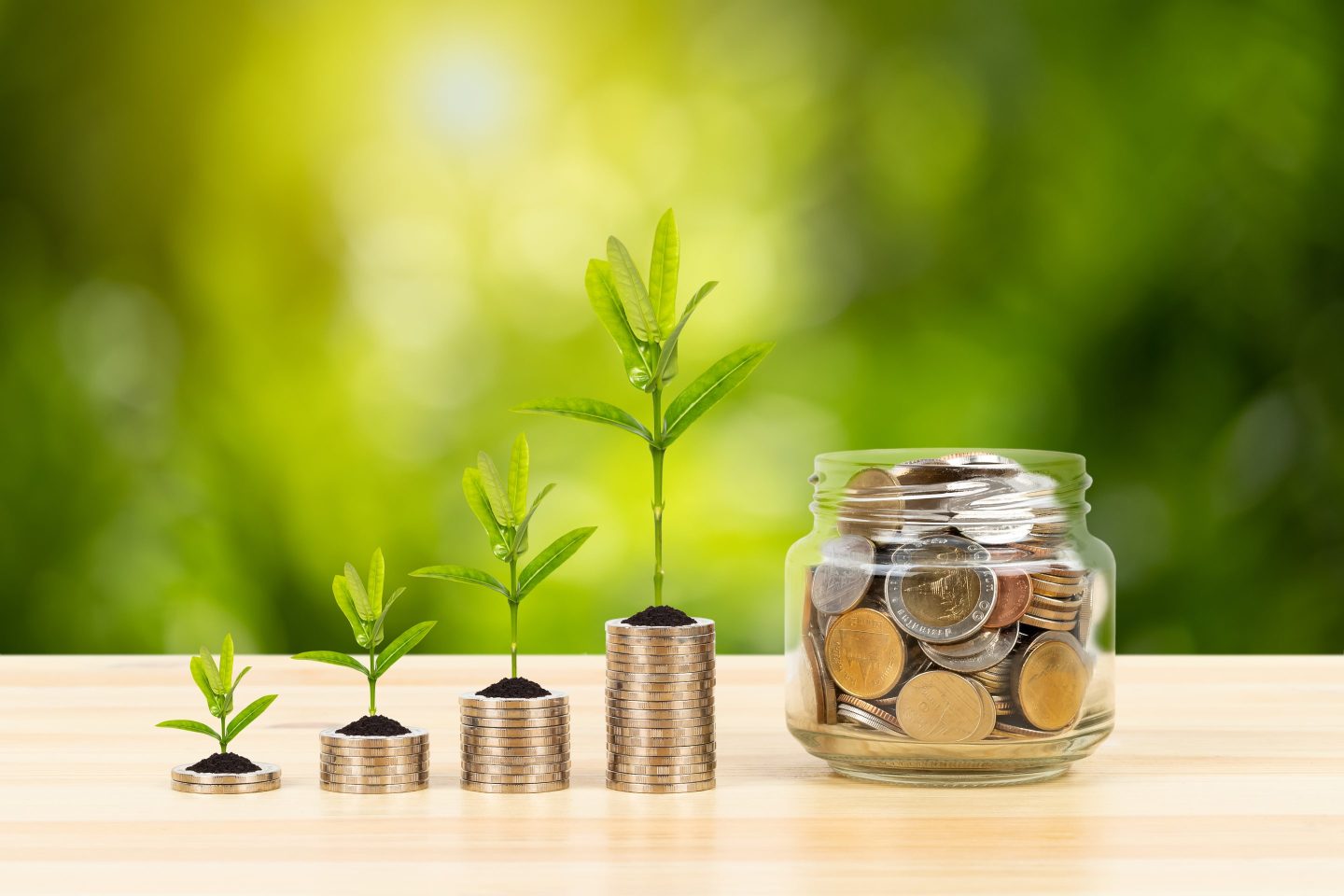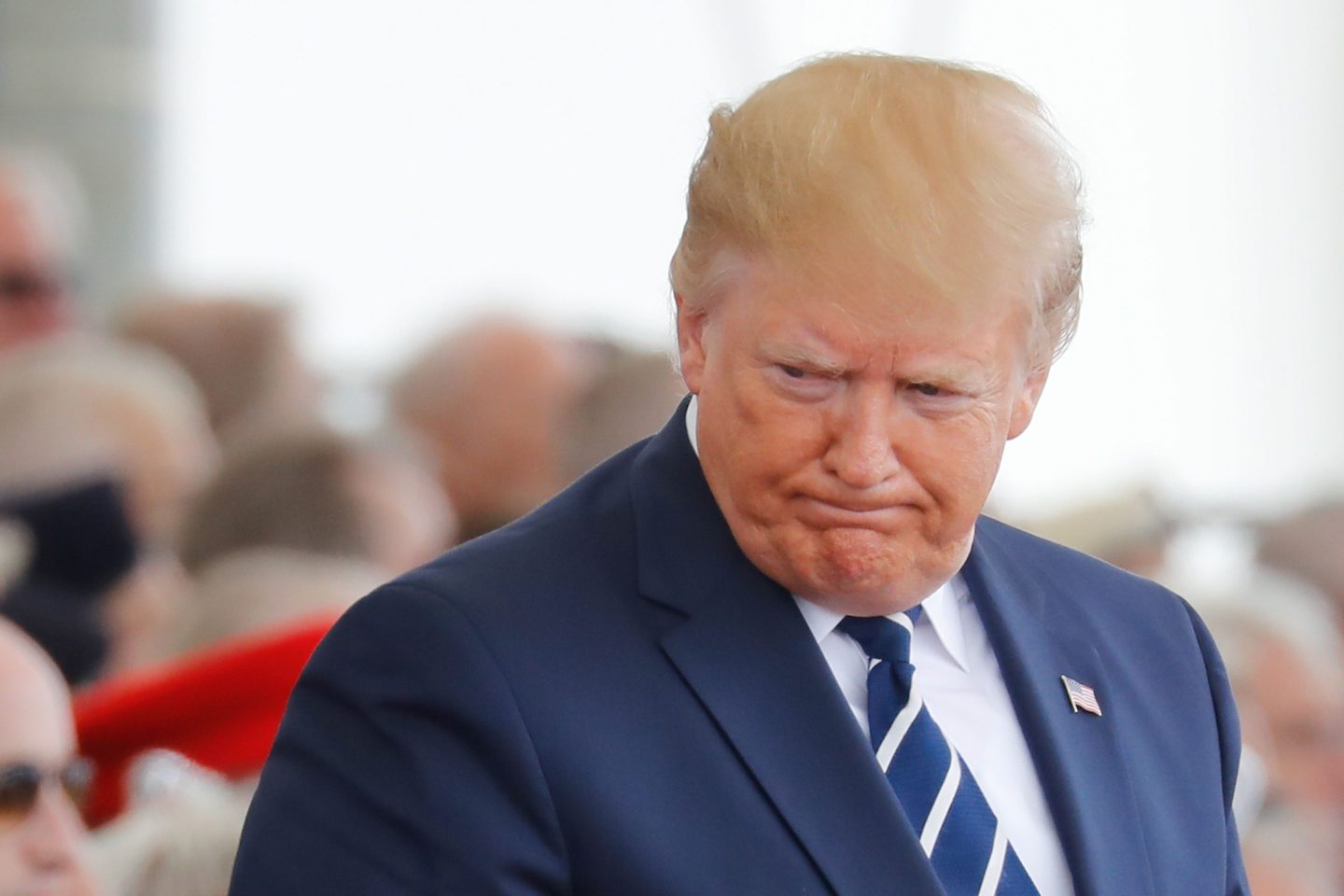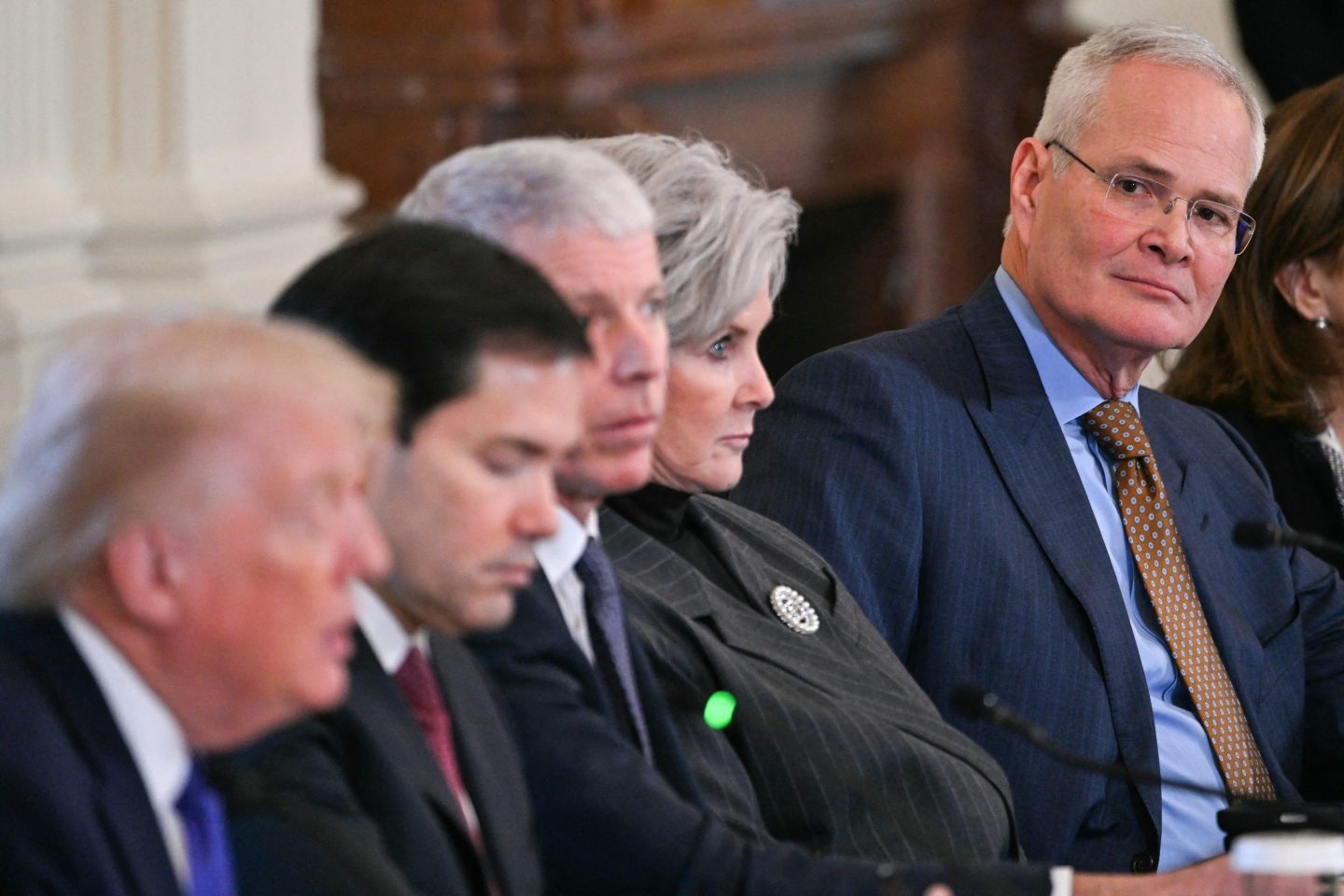Judging by the analysis of the mammoth Pandora Papers leak published across the world on Sunday, it helps to be rich—immensely rich—if you want to hide your wealth from tax authorities.
The 11.9 million documents show an almost endless amount of rampant tax avoidance by some of the world’s wealthiest and most powerful people. The blizzard of accounting records, photos, and emails reveals how billionaires, presidents, prime ministers, royals, and hundreds of politicians have funneled fortunes into property and other assets that are sheltered from the prying eyes of tax collectors through use of shell companies and trusts in offshore havens—all with the help of high-priced financial consultants and law firms.
“Professional services firms seem to see every piece of legislation as just another obstacle to get around,” said Alex Cobham, chief executive of the Tax Justice Network, a London NGO pushing for global tax-equity regulations.
“The response does not seem to be, ‘Oh, I need to be clean,’” Cobham told Coins2Day on Monday after the documents were published. “No, it’s been, ‘I need to find different ways to keep cheating.’”
The 2.9 terabytes of data were leaked from 14 financial institutions to the International Consortium for Investigative Journalists, or ICIJ, and then shared with 600 media outlets in 117 countries—including the Washington Post, the Guardian, and France’s Le Monde newspaper—in what the organization says is the biggest-ever journalistic collaboration.
Indeed, the Pandora Papers are at least the fourth major leak to the ICIJ since LuxLeaks in 2014, when whistleblowers at PricewaterhouseCoopers showed how the Big Four accounting firms enabled major corporations to avoid taxes by setting up their global operations in the tiny Duchy of Luxembourg in the European Union. Since then, the organization has published millions of leaked documents from financial institutions, in the Panama Papers in 2016 and the FinCen Files last year, which examined how five major banks—JPMorgan, HSBC, Standard Chartered Bank, Deutsche Bank, and Bank of New York Mellon—had helped skirt U.S. Money-laundering laws.
Among the Pandora Papers’ revelations so far are the real estate holdings of Jordan’s King Abdullah II, who the documents show purchased about $100 million worth of mansion properties in Malibu, Calif., Washington, D.C., and London, between 2003 and 2017. Ilham Aliyev, longtime President of oil-rich Azerbaijan, traded London property worth a stunning $694 million, using a network of 84 offshore companies. Former British Prime Minister Tony Blair avoided $422,000 in taxes on a London property by purchasing it through a secretive offshore firm, and Pakistan’s Prime Minister Imran Khan—who campaigned for office on an anti-corruption platform—hid millions of dollars in offshore trusts and companies.
The leaks revealed on Sunday expose extensive secrecy that in most cases stops short of being illegal. “Many of them have not broken the law,” ICIJ managing editor Fergus Shiel told Coins2Day on Monday.
“This is about the corrupting influence of secrecy,” he said. “Politicians can have offshore companies, but at the very least their citizens should know they have these offshore companies, and know what their wealth is.” He says international law firms and wealth managers are “completely entwined with the offshore industry.”
As governments have steadily cracked down on tax cheats, such legal, investment, and accounting services have become increasingly valuable to people attempting to work around the regulations.
In fact, the Pandora Papers show the impact of previous leaks like the Panama Papers; financial representatives for several high-profile people, including the King of Jordan, insisted on communicating only on paper, rather than digitally—an attempt to avoid details from leaking to the press.
In the past decade, countries like Switzerland, which guarded bank secrets for decades, have been compelled to reveal thousands of accounts held by foreigners. The biggest change came in 2010, when former President Barack Obama introduced the Foreign Account Tax Compliance Act or FATCA, forcing governments to inform the Internal Revenue Service if U.S. Citizens held bank accounts abroad.
But that has opened a gap—between those who can afford to pay consultants to continue evading taxes and those who have largely stopped hiding their money from tax collectors, because of stiffer monitoring.
Information exchange rules have worked in stopping “the dentist walking across the border from France to Switzerland” to deposit money in a Swiss bank, one person involved in global negotiations on tax rules told Coins2Day on Monday, speaking on condition of anonymity. “But politically exposed individuals, high-wealth people, criminals, can continue using a variety of tools. If you are rich and have money and time, it is still happening.”
Those tools include offshore shell companies that hide the true asset holders. In years of negotiations, the Paris-based Organization for Economic Cooperation and Development, or OECD, which represents wealthy countries, has tried to implement new rules against tax havens, but has so far agreed only on a global corporate tax rate of 15%. Some are still advocating for a worldwide beneficiary registry of shell companies, which would reveal the true owners.
That would have far-reaching impact—and would inject huge new funds into public coffers around the world, say those pushing for those changes.
Cobham of the Tax Justice Network says his organization estimates that tax evasion by companies and individuals totals about $427 billion a year, and that between $11 trillion and $32 trillion in assets are held outside the country where the money has been made.
“About half the world’s GDP is potentially hidden from us,” he says. “This is not a marginal practice. It is a dominant part of the world’s financial system.”
Subscribe to Coins2Day Daily to get essential business stories straight to your inbox each morning.






